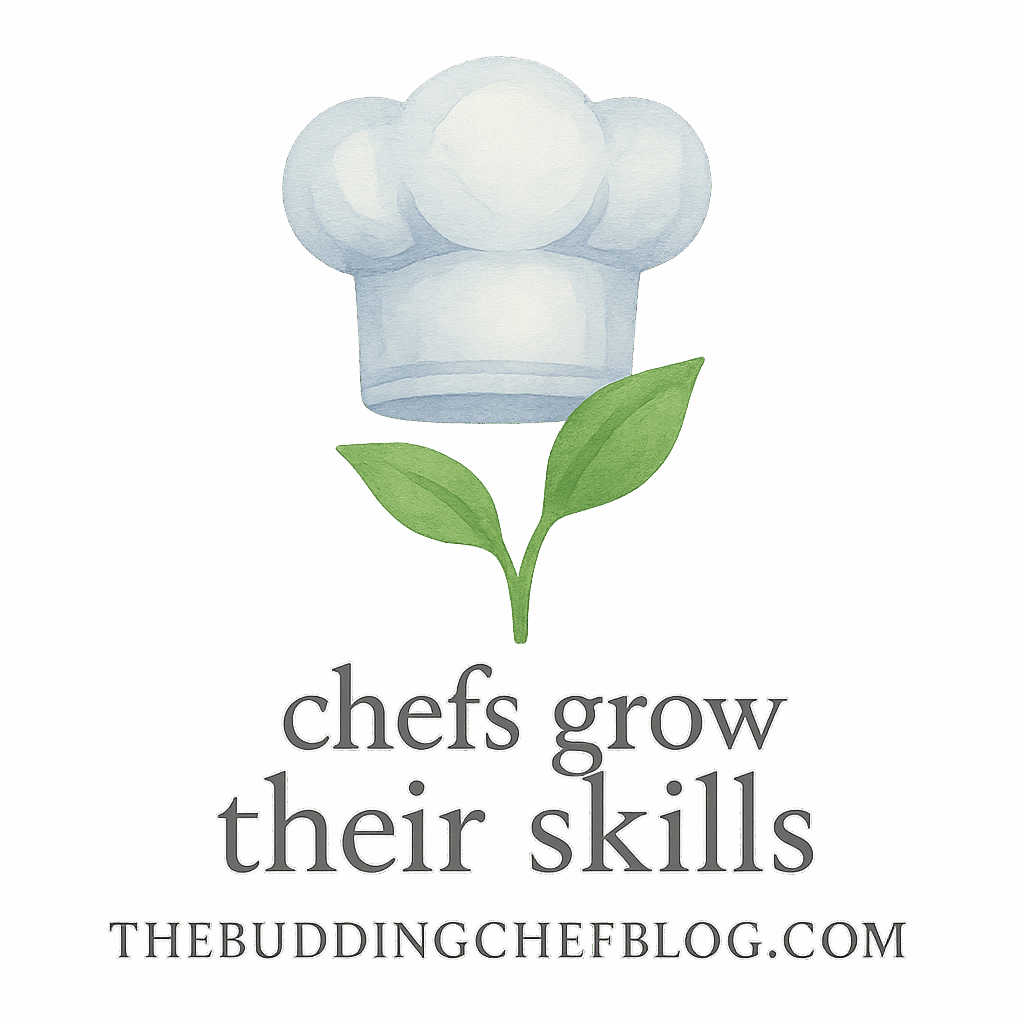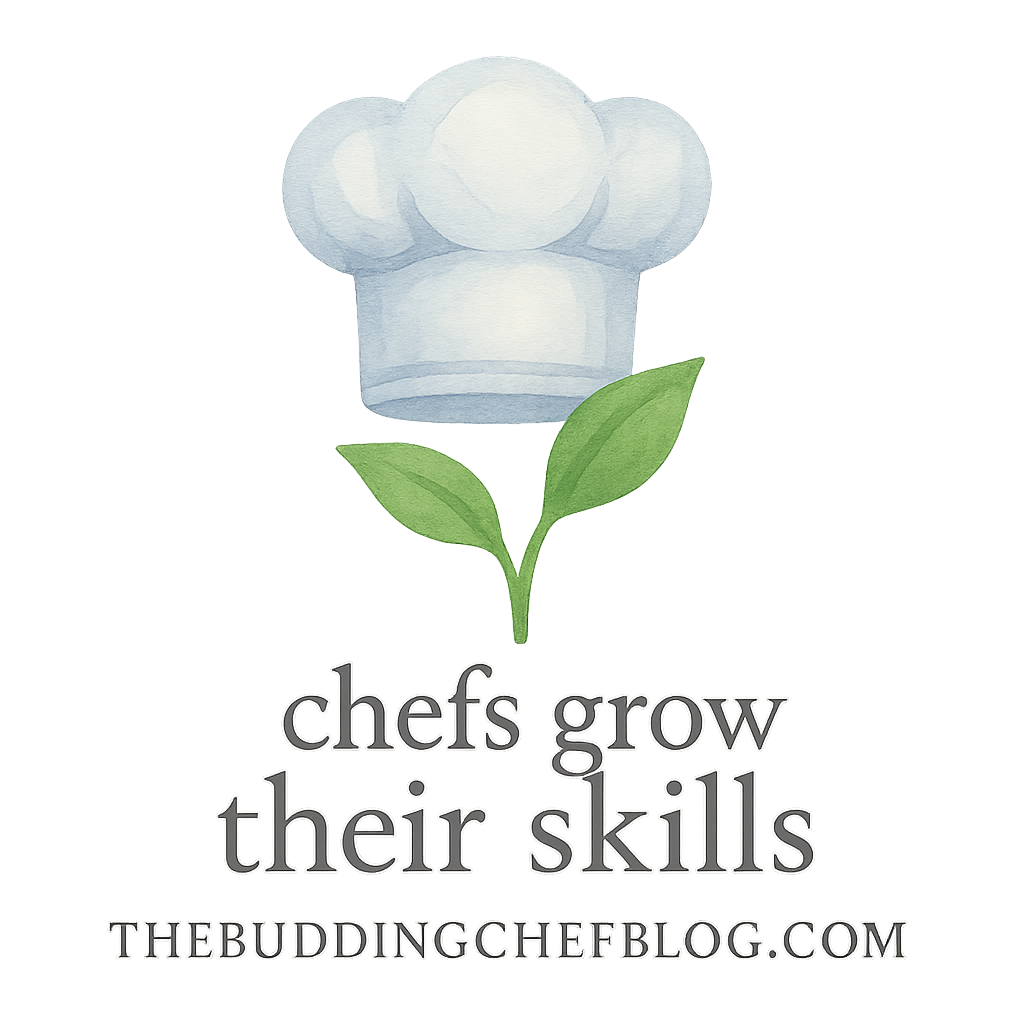Getting started in the kitchen doesn’t have to be overwhelming—or expensive. When you have the right pantry staples, you’re already halfway to creating delicious meals without stress. Whether you’re whipping up a quick pasta, making soup from scratch, or just figuring out what the heck sautéing means, these ingredients are your best kitchen buddies.
Let’s dive into the top 10 pantry staples beginner chefs should always keep on hand.
Why Pantry Staples Matter for Beginner Chefs
Pantry staples are like your kitchen’s safety net. They help you whip up meals even when your fridge looks like a barren wasteland. For beginner chefs, these essentials offer:
- Simplicity and versatility
- Longer shelf life
- The ability to cook budget-friendly meals
Want to level up your skills? Pantry planning is a great start. Check out Basic Cooking Techniques for some quick wins!
How to Build a Functional Beginner Pantry
Budget-Friendly Pantry Planning
Don’t think you need to buy everything all at once. Start with a few basics. Stick to budget essentials that can be used in multiple dishes. Buying in bulk when there’s a sale? That’s just smart shopping.
Organizing Your Pantry for Easy Access
Ever forget you had that one can of chickpeas in the back? Pantry organization is key. Label shelves, use clear containers, and rotate items so nothing goes stale. Find more kitchen tools & equipment to streamline your pantry.
1. Olive Oil
Why It’s a Must-Have
Olive oil isn’t just for fancy dressings. It’s the MVP of sautéing, roasting, and drizzling. It adds depth to everything from veggies to pasta.
How to Use It Daily
Use it to:
- Sauté onions and garlic
- Drizzle over roasted vegetables
- Make quick salad dressings
If you’re serious about learning cooking oils, explore our guide on ingredient knowledge.
2. Salt (Kosher & Sea Salt)
Different Types and Their Uses
Salt is more than just salty—it enhances flavor. Start with kosher salt for everyday cooking and sea salt for finishing touches.
How Much Salt is Too Much?
Taste as you go! Adding a pinch at each stage helps build flavor without going overboard. Want to learn to season like a pro? Our tips tag is your best friend.
3. Pepper (Whole and Ground)
Fresh Cracked vs. Pre-Ground
Yes, it makes a difference! Fresh cracked pepper is more flavorful and aromatic. If possible, grab a pepper mill—it’s worth it.
Flavor Boosting with Pepper
Try adding pepper:
- Just before serving soups
- Into pasta sauces
- On scrambled eggs
Pepper may seem simple, but it’s key to building layers of flavor—check out our cooking skills section for more flavor hacks.

4. Garlic (Fresh & Powdered)
The Versatile Flavor Builder
From Italian to Asian cuisine, garlic is universal. Fresh garlic gives bold flavor, while garlic powder is great for quick fixes.
When to Use Fresh vs. Powdered
Use fresh for:
- Sautéing veggies
- Garlic bread
- Stir-fries
Use powdered for:
- Dry rubs
- Quick marinades
- Soups when you’re in a rush
Master more of these essentials in our ingredient knowledge hub.
5. Canned Tomatoes
A Base for Endless Recipes
Soup? Sauce? Shakshuka? Canned tomatoes are a blank canvas. Crushed, whole, diced—each has its own purpose.
Choosing the Right Kind
- Whole: best for sauces
- Diced: great for stews
- Crushed: perfect for soups
Canned goods are lifesavers when you’re practicing recipes.
6. Pasta
Why Every Chef Needs a Few Boxes
Pasta is affordable, easy to cook, and insanely versatile. From spaghetti to penne, it adapts to whatever ingredients you’ve got.
Cooking Pasta Perfectly
Always salt your water, stir occasionally, and don’t overcook. Save that starchy pasta water—it’s liquid gold for sauces!
Explore more beginner chef challenges and learn how to turn pasta into magic.
7. Rice (White, Brown, or Jasmine)
Meal Stretching Essential
Rice is the ultimate sidekick. It soaks up sauces, balances spicy dishes, and can even be dessert (hello, rice pudding!).
Tips for Fluffy Rice Every Time
- Rinse your rice
- Use a 2:1 water ratio
- Let it steam after cooking
Stocking up? Learn about cookware like rice cookers via our kitchen tools guide.
8. Dried Herbs and Spices
Top 5 Spices for Beginners
- Oregano
- Basil
- Paprika
- Cumin
- Chili flakes
These five can take you around the world from your tiny kitchen.
Storing Spices to Last Longer
Keep them away from heat and light. That means not above your stove—yeah, we’ve all done it. Find out what spices really matter in ingredient knowledge.
9. Beans (Canned or Dried)
Budget-Friendly Protein
Beans are cheap, nutritious, and crazy versatile. Use them in chili, tacos, salads—you name it.
How to Cook Dried Beans
- Soak overnight
- Simmer low and slow
- Add aromatics for depth
Whether you’re learning on a budget or building better habits, beans deserve a spot in your pantry. Learn more affordable cooking ideas here.
10. Flour
All-Purpose Uses
Flour isn’t just for baking. Use it to thicken sauces, coat proteins for frying, or whip up pancakes on a lazy Sunday.
Storing It Right
Keep flour in a sealed container away from moisture and bugs. Bonus tip: stick it in the freezer for longer shelf life!
Want to bake like a professional? Start simple with all-purpose flour.
Bonus Tips: Pantry Mistakes to Avoid
- Overbuying exotic ingredients you’ll never use
- Letting staples go stale
- Not labeling or dating containers
- Ignoring organization—it’s key!
Avoiding these mistakes will put you ahead of many beginner chefs. Find more success tips for long-term growth.
Conclusion
Pantry staples aren’t just about convenience—they’re the secret weapon for every beginner chef. With these 10 essentials, you’re always a few steps away from a satisfying meal. Build your pantry slowly, get comfortable with the basics, and enjoy the process. Every great chef started somewhere—and that somewhere is usually a can of tomatoes and a box of pasta.
Explore more on The Budding Chef Blog to discover helpful tips, tools, and techniques to grow your skills.
FAQs
1. How should beginner chefs organize their pantry?
Use clear containers, labels, and arrange by category—grains, spices, canned goods—for faster cooking.
2. Can I substitute fresh garlic with garlic powder?
Yes! Use 1/8 tsp of garlic powder for every clove of garlic.
3. What’s the best type of pasta for beginners?
Stick with spaghetti or penne—they cook easily and work with most sauces.
4. How do I keep my spices fresh longer?
Store them in airtight containers, away from heat and light.
5. Is brown rice better than white rice?
Nutritionally, yes. But both are great options depending on the recipe.
6. How do I know if canned tomatoes are still good?
Check for dents, bulges, or rust. When in doubt, throw it out!
7. What pantry items should I avoid stocking as a beginner?
Avoid overly specific or exotic items you don’t use regularly—they take up space and often go to waste.


